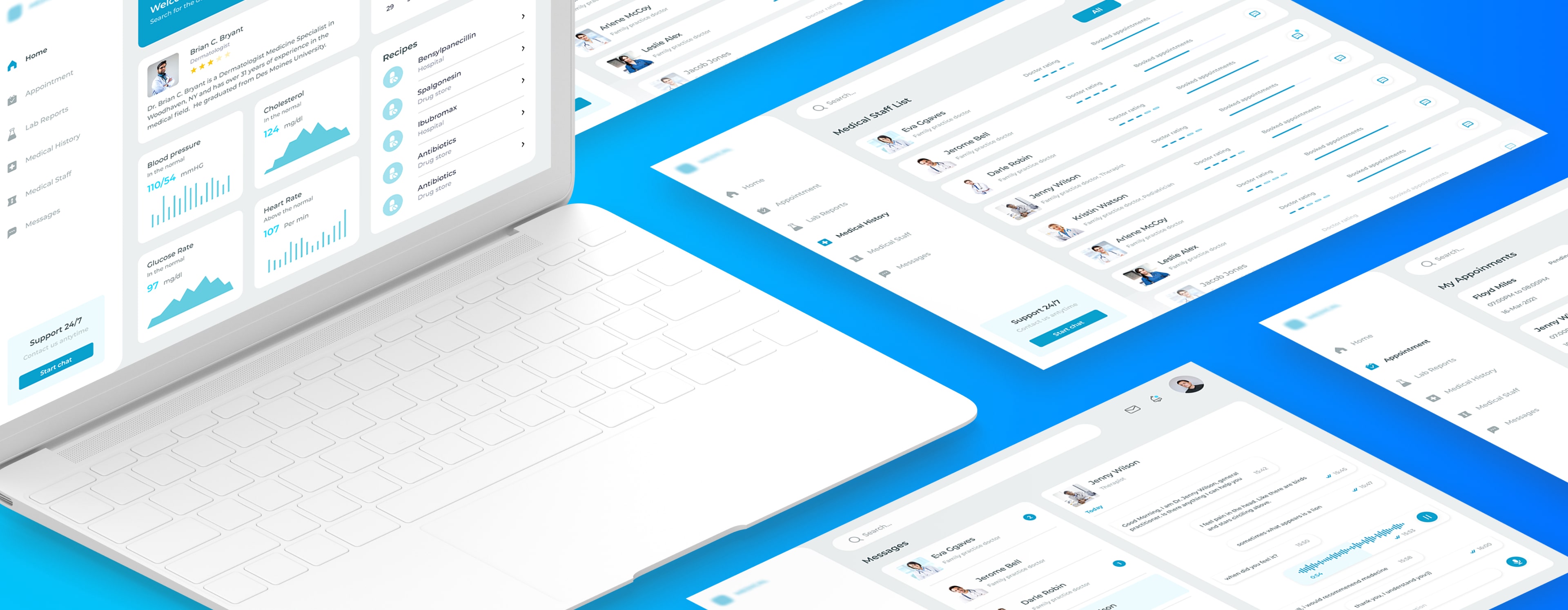
We’d love to work with you
Drop us a line about your idea, project, or challenge.
We’d like to discuss how we can help you.

Learn how Arateg developed an online healthcare marketplace to bring together healthcare professionals and patients for online consultations and appointment scheduling.
6 months
4 frontend developers, 4 backend developers, 2 UI/UX designers, 2 quality assurance engineers, 2 React Native developers, a project manager.
Python, TypeScript, Django, Django REST Framework, AWS, Elasticsearch, Firebase, Docker, Twilio, React, Redux, Redux-Saga, Storybook, SVG, styled-components, RabbitMQ, Redis, Memcached, PostgreSQL, React Native.

Since the first day of our collaboration, Arateg showed itself as a team of true professionals, from meeting deadlines to delivering quality code. As the CTO, I would like to note that Arateg focuses on platform scalability, high availability, and security, vital to ensuring a seamless and safe user experience.

Drop us a line about your idea, project, or challenge.
We’d like to discuss how we can help you.